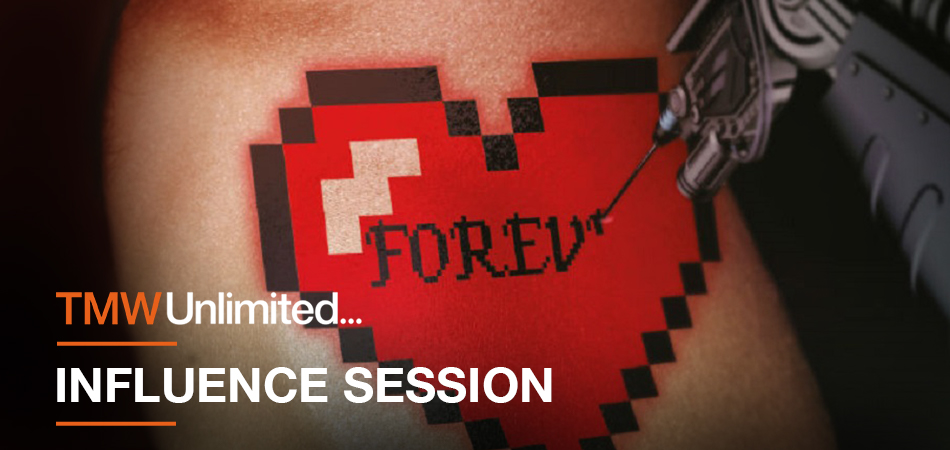
All I want for Christmas… is experiential
Investing in experiential can help brands cut through the clutter of the Christmas advertising bonanza.
Loyalty is big business, worth approximately £92 billion in the UK alone, and an area where everyone seems to be an expert. Yet the received wisdom is often contradictory.


Leading customer engagement agency TMW Unlimited hosted its 12th Influence Session in June, exploring how both consumer and brand relationships with loyalty initiatives have changed over the past decade and introducing current tactics for success in this space.
Loyalty is big business, worth approximately £92 billion in the UK alone, and an area where everyone seems to be an expert. Yet the received wisdom is often contradictory. Even established truths may be changing, with emerging neuroscience studies suggesting the very way consumers make their decisions is shifting. As a result, successful loyalty schemes will need to evolve from focusing on rational benefits and engage with emotional values in order to keep up.
“We’re in a low growth world,” reflects TMW Unlimited CEO Chris Pearce. “Growth is really, really hard to come by, so getting customers to return, to transact more often and the ability to successfully cross-sell to those existing customers is more important than ever.”
Speakers at the evening presented their own personal experiences, with insight on why loyalty schemes were originally established, how these new ‘emotional-first’ strategies can help to build brands and whether brand loyalty schemes will ever really die.
SPEAKERS
Claire Cardosi, Head of Customer Experience Management, Virgin Trains East Coast
Kate Wheaton, Director of Strategy, TMW Unlimited
Andrew Mann, Loyalty Consultant and former Vice President of Insight, Pricing and Digital CRM at Asda
Key take outs:
CONTACT
Matt Lambert, Business Development Director, TMW Unlimited, [email protected]
Cutting his teeth at J. Walter Thompson, Chris has spent the last 25 years working across the marketing mix for some of the UK’s biggest brands including Sainsbury’s, HSBC, Vodafone, Lynx and Guinness. As CEO at TMW Unlimited, Chris focuses on setting the vision for the business and his hands-on approach sees him working closely with clients to find new ways to maximise the value they get from the agency. A champion of creative effectiveness, a particular passion is the evolving field of neuroscience and understanding the cognitive motivations behind customer purchasing behavior.
Looks like you need to create a Creativebrief account to perform this action.
Create account Sign inLooks like you need to create a Creativebrief account to perform this action.
Create account Sign in